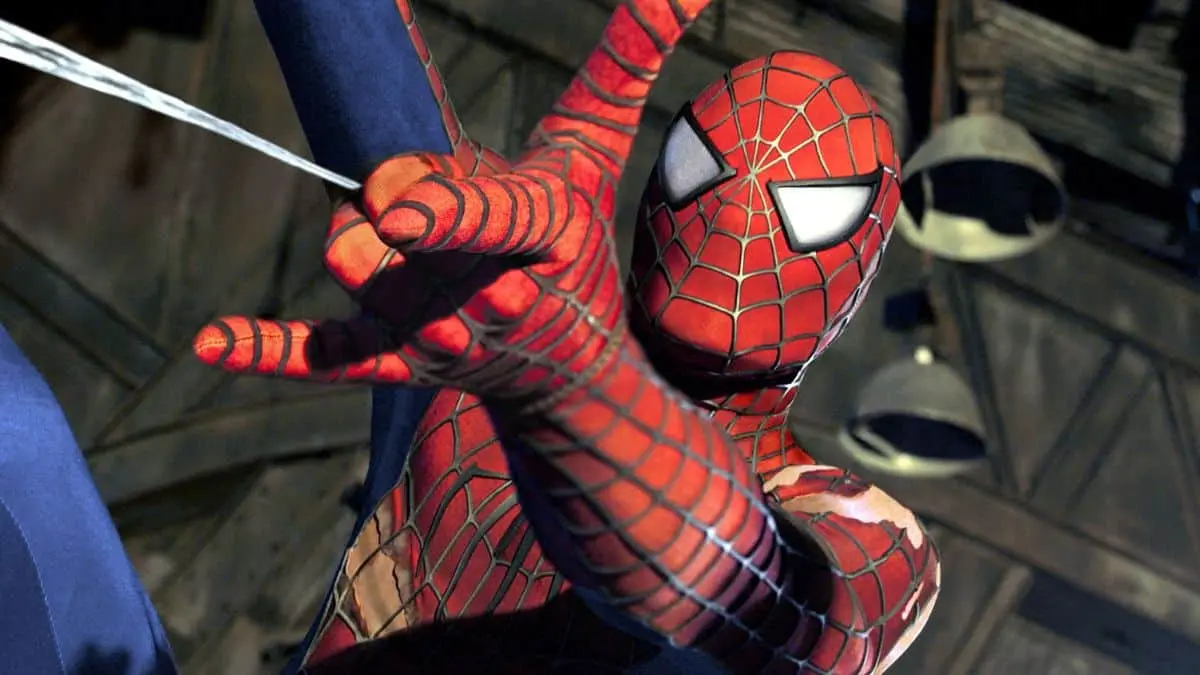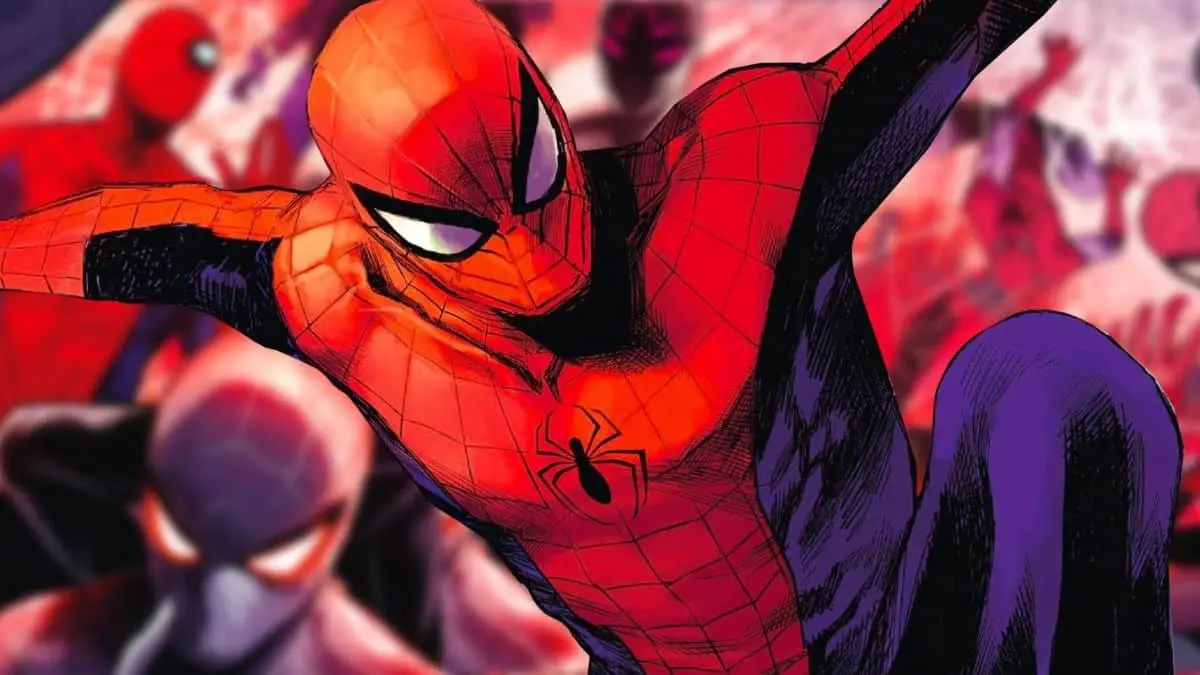- Here are five compelling reasons for Spider-Man’s widespread appeal, each illustrated with examples.
- Spider-Man‘s character development is rich and ongoing.
- Spider-Man’s rogues’ gallery is one of the most diverse and memorable in comic book history.
- The famous line, “With great power comes great responsibility,” is central to Spider-Man’s ethos.
- Spider-Man’s popularity is also due to his adaptability across various forms of media.
- This game’s success demonstrated Spider-Man’s enduring appeal and ability to captivate audiences in new and …
Spider-Man, also known as Peter Parker, is one of the most beloved and iconic superheroes in the world. Since his debut in 1962, Spider-Man has captured the hearts of millions and remains a pivotal figure in popular culture. But “Why Spider-Man is so Popular?” what is it about this character that has made him so enduringly popular? Here are five compelling reasons for Spider-Man’s widespread appeal, each illustrated with examples.
Why Spider-Man is so Popular?
Relatability of Peter Parker
One of the core reasons for Spider-Man‘s popularity is the relatability of his alter ego, Peter Parker. Unlike many superheroes who lead extraordinary lives, Peter Parker is a typical teenager dealing with everyday problems. He struggles with school, work, relationships, and financial issues—problems that many people face.
Example: In “The Amazing Spider-Man” #50, Peter Parker faces a moral dilemma when he decides to give up being Spider-Man due to the pressures of his personal life. This storyline, known as “Spider-Man No More,” resonates with many readers who have experienced moments of doubt and frustration in their own lives. Peter’s vulnerability and humanity make him a character that fans can easily identify with.
Dynamic Character Development
Spider-Man‘s character development is rich and ongoing. Over the decades, he has grown from a high school student to a seasoned superhero, experiencing significant milestones and challenges along the way. This dynamic growth keeps the character fresh and engaging for fans.
Example: In the “Ultimate Spider-Man” series, we see a modern retelling of Spider-Man’s origin, where Peter Parker is reimagined as a teenager in the 21st century. This series explores his development in a contemporary setting, addressing modern issues and further deepening his character. Fans appreciate seeing their hero evolve and adapt to new circumstances, reflecting their own growth and changes over time.

Iconic Villains and Compelling Storylines
Spider-Man’s rogues’ gallery is one of the most diverse and memorable in comic book history. Villains like Green Goblin, Doctor Octopus, and Venom are not only iconic but also have complex backstories and motivations, making the battles with Spider-Man all the more interesting.
Example: The Green Goblin, Spider-Man’s arch-nemesis, is not just a villain but also the father of Peter Parker’s best friend, Harry Osborn. This personal connection adds depth to their conflicts, as seen in the “Spider-Man: Homecoming” film where the villain is revealed to be the father of Peter’s classmate. Such intricate relationships and storylines enhance the emotional stakes and engage readers and viewers on a deeper level.
Themes of Responsibility and Sacrifice
The famous line, “With great power comes great responsibility,” is central to Spider-Man’s ethos. This theme of responsibility and the sacrifices that come with it resonate strongly with audiences. Spider-Man often has to make tough choices, putting his duty above personal desires.
Example: In “Spider-Man 2,” directed by Sam Raimi, Peter Parker grapples with the burdens of being Spider-Man, which strains his relationships and affects his personal life. Despite the challenges, he ultimately embraces his role, understanding the importance of his responsibilities. This theme is universal and timeless, appealing to people of all ages who face their own responsibilities and sacrifices.

Adaptability Across Media
Spider-Man’s popularity is also due to his adaptability across various forms of media. From comic books to animated series, blockbuster films, and video games, Spider-Man has successfully transitioned across different platforms, reaching a broad and diverse audience.
Example: The 2018 video game “Marvel’s Spider-Man” for the PlayStation 4 received critical acclaim for its engaging story, stunning graphics, and dynamic gameplay. Players could explore an open-world New York City, swinging between skyscrapers and fighting crime, which provided an immersive Spider-Man experience. This game’s success demonstrated Spider-Man’s enduring appeal and ability to captivate audiences in new and innovative ways.
Also Read: Who is Changeling In Marvel Comics?



